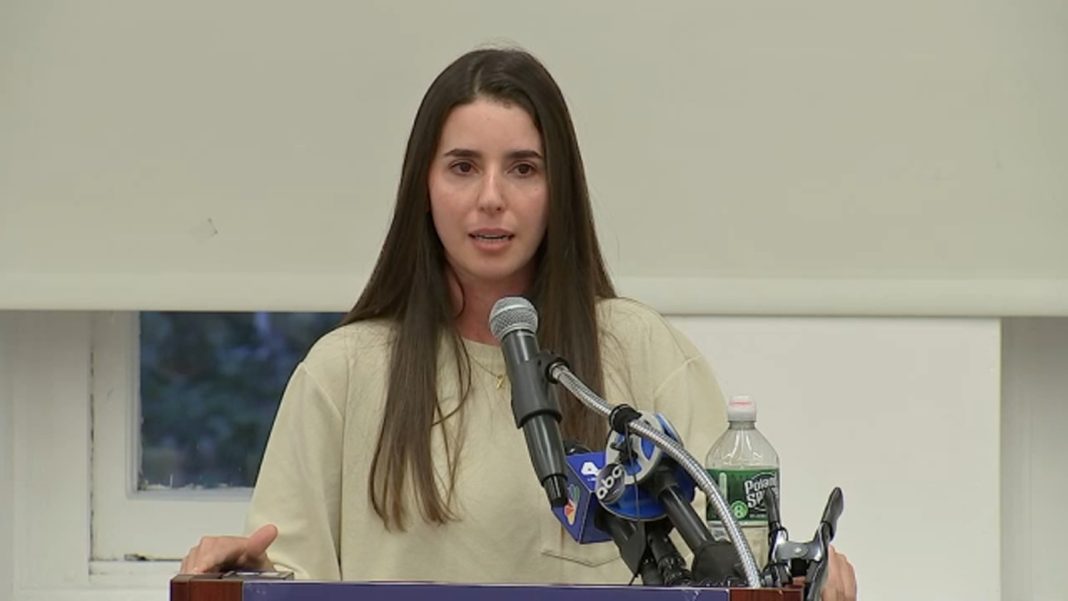
Title: Haitian Migrants Left Homeless as Emergency Relief Funds Run Out
Introduction:
A group of approximately 50 Haitian migrants, including children, were forced to sleep outside the Wollaston MBTA stop in Quincy on Monday night. These families had been staying in hotel rooms, thanks to a grant from the United Way, but were forced to leave as the emergency relief funds ran out. This unfortunate situation highlights the critical need for immediate action to address the humanitarian crisis faced by these migrants.
The Struggle for Temporary Housing:
The Boston Immigrant Justice Accompaniment Network, a volunteer organization, had been assisting these Haitian migrants by providing temporary housing. However, with the grant money exhausted, they could no longer support them. Reverend Annie Gonzalez, a member of the organization, expressed her distress at the sight of these families, particularly the children, sleeping outside. She emphasized the urgent need for alternative solutions to prevent further suffering.
Governor’s Role and Call for Emergency Shelters:
Governor Maura Healey’s announcement on July 9 that migrants seeking shelter would no longer be allowed to sleep inside terminals at Boston’s Logan International Airport exacerbated the situation. The volunteer organization believes that the governor should allocate rainy day account funds to establish emergency shelters and alleviate this crisis. Despite the challenges faced by various systems and levels of government, Reverend Gonzalez remains hopeful that Governor Healey will take action, as she possesses the power to make a difference.
Capacity Constraints and Controversial Policies:
Governor Healey’s office has stated that the state’s emergency shelter system is beyond capacity and must be capped at 7,500 families. This limitation has led to families being left without shelter, as was the case with the Haitian migrants in Quincy. Additionally, the state’s policy prevents families from applying for more permanent shelter placements for six months if they have stayed at a respite center for up to five days. Critics argue that this policy penalizes and discourages families from seeking assistance, thus exacerbating the homelessness issue.
The Role of Nonprofits and Community Support:
The United Way of Massachusetts, in collaboration with the Boston Foundation, provided a $75,000 grant to the community group assisting these migrants. While this grant helped temporarily, the ongoing support of nonprofits and community organizations is crucial. The United Way continues to fund safety net shelters across the state, but more assistance is needed to address the growing demand.
Support from Compassionate Individuals:
Amidst this crisis, individuals like Becky Smick have stepped forward to offer support. Smick, upon witnessing the situation at the T stop, returned with her daughter, armed with bubbles and crayons, to engage and play with the children. Her act of kindness serves as an inspiration and a reminder of the importance of empathy and compassion during challenging times.
Conclusion:
The plight of the Haitian migrants in Quincy highlights the pressing need for immediate solutions to address the lack of temporary housing and emergency shelter options. The involvement of government officials, nonprofits, and the community is vital to ensure the well-being and safety of these vulnerable families. By prioritizing compassion and taking action, we can work towards a more inclusive society that supports those in need.


